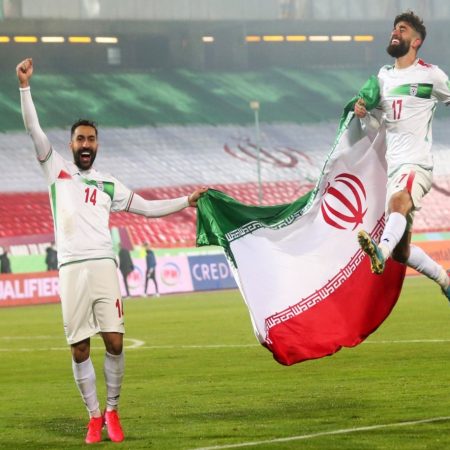Monem Salem of Peaceful Communications Addresses Important Financial Issues
By Adil James, MMNS
Rochester Hills-March 10–Religious people are forced to confront directly decisions about their financial practices. Where people without religion have the luxury of making financial and other decisions without resort to a regime of discipline other than whatever feels right to them, religious people and especially Muslims have a strong structure of discipline into which they must integrate their financial lives.
How much to give as sadaqa? Is it halal to save money? And what about contemporary financial issues like debt–let alone the highly charged subject of riba.
Mr. Salam spoke at length about these issues to the Saturday night monthly dinner at IAGD.
The monthly dinner began after maghrib with Qur`an recitation and some demonstrations by IAGD children including a brief Qur`an recitation and a mock debate on the issue of Valentine’s Day and whether it is acceptable for Muslims.
Salam explained that in the environment of an economy that is hemorrhaging jobs, with a government that is borrowing money hand over fist, where all people are confronted with serious concerns about their economic well being, it is appropriate to ask what financial practices on an individual level are healthy and Islamically correct.
He had several main points which he emphasized carefully. First, he emphasized balance. He quoted a saying of Sayyidina Ali (kw) who said “spend neither extravagantly nor miserly.†This middle way, Salam explained, is dependent on what your personal wealth is. But a sign of extravagance is buying things to compete with one’s neighbors or friends. And don’t forget sadaqa and charity, he emphasized, saying sadaqa earns a reward far beyond what a person gives. Spend less than what you earn, Salam said.
Also, he gave clear and convincing evidence from ahadith that debt is a terrible burden that must be avoided, pointing out that the level of debt of an American person, for example with a mortgage, is orders of magnitude beyond the debt avoided by Companions. And his arguments about the terrible burdens of debt were powerful without his even touching on the subject of interest or riba.
 He explained that the word for debt in Arabic has the same root as the words “submission†and “humiliation.â€
He explained that the word for debt in Arabic has the same root as the words “submission†and “humiliation.â€
Also, Mr. Salam explained again with convincing arguments that saving is necessary. He emphasized examples of Companions including Sayyidina Abu Bakr as Siddiq (ra) who gave a large amount of money to free Sayyidina Bilal (ra) from slavery–Salam’s argument was that this example of generosity must have meant that Abu Bakr (ra) had been saving in order to have such a large sum of money available to him when he needed it.
He gave examples from Qur`an also, including from Surat Kahf, where Sayyidinal Khidr (as) and Sayyidina Musa (as) rebuilt a wall to protect the savings of a pious man for his inheritors–therefore this means the pious man had saved money and was not spending all of it for sadaqa.
Another example from Qur`an was Sayyidina Yusuf’s dream of seven fat years and seven lean years–the principle being to save from prosperous times for “rainy days.â€
Salam emphasized saving a significant amount, whether enough to live on for one full year or enough to survive a significant personal tragedy or catastrophe.
Mr. Salam is Director and Vice President of Islamic Investing and Amana’s deputy portfolio manager. He was raised in Texas and earned degrees from the University of Texas. After working with other firms, he joined Saturna Capital in 2003 and manages many of Saturna’s Islamic private acccounts.
Mr. Salam was the subject of a documentary about learning to pilot a plane as a Muslim subsequent to 9/11, “On a Wing and a Prayer,†a review of which movie was featured in this newspaper.
12-11















2010
783 views
views
0
comments